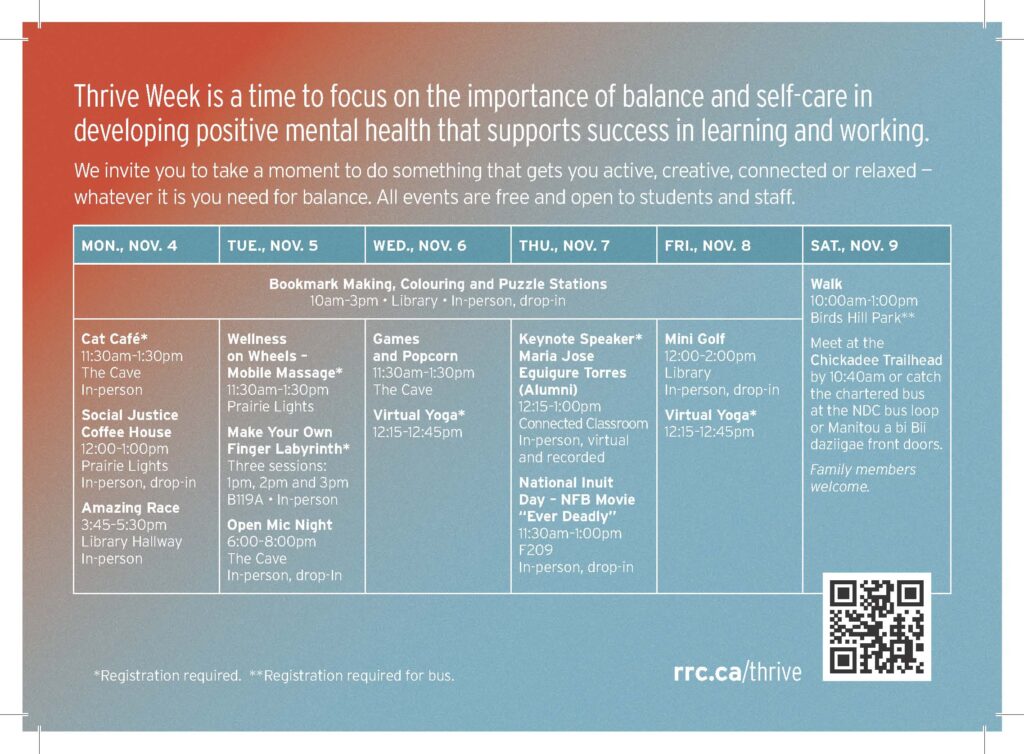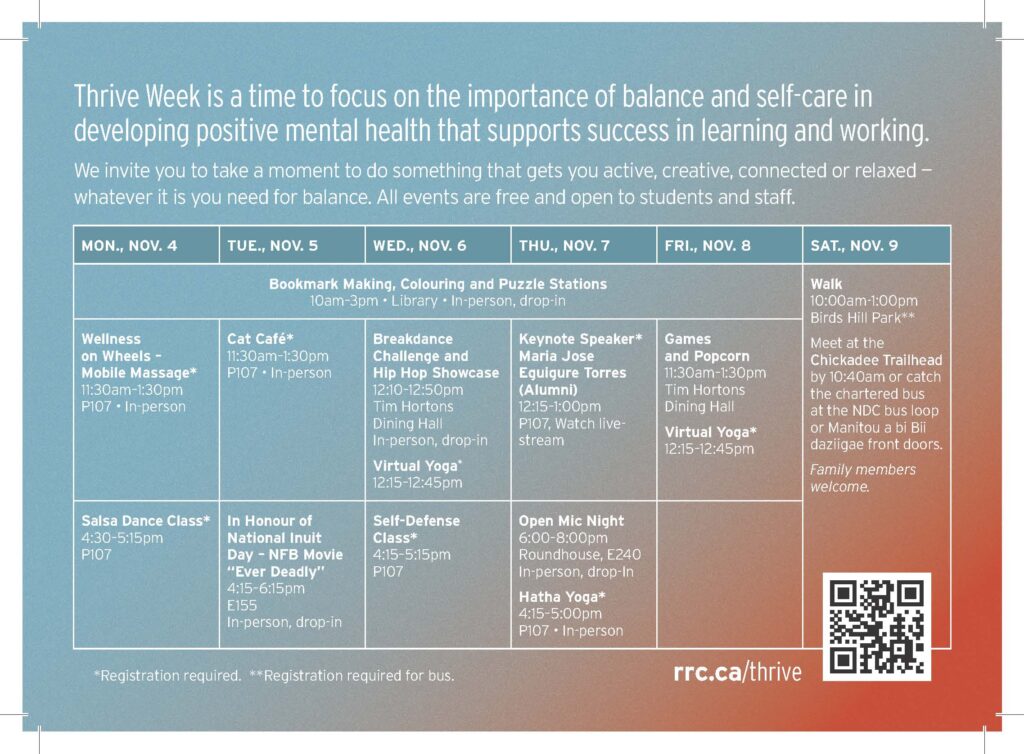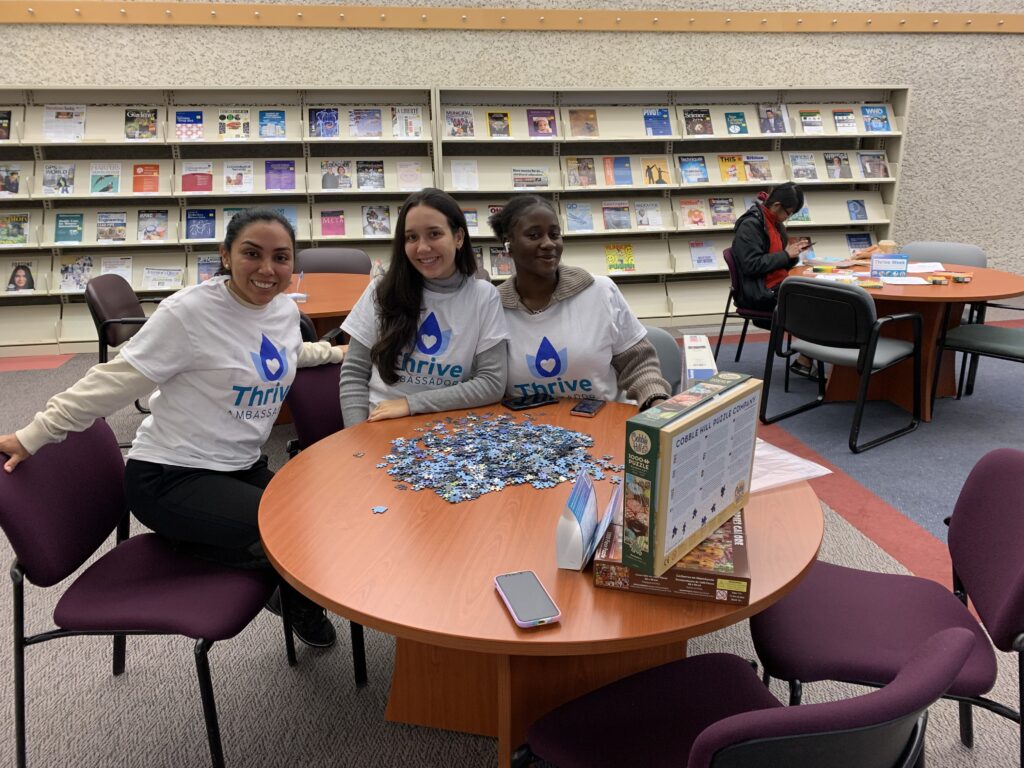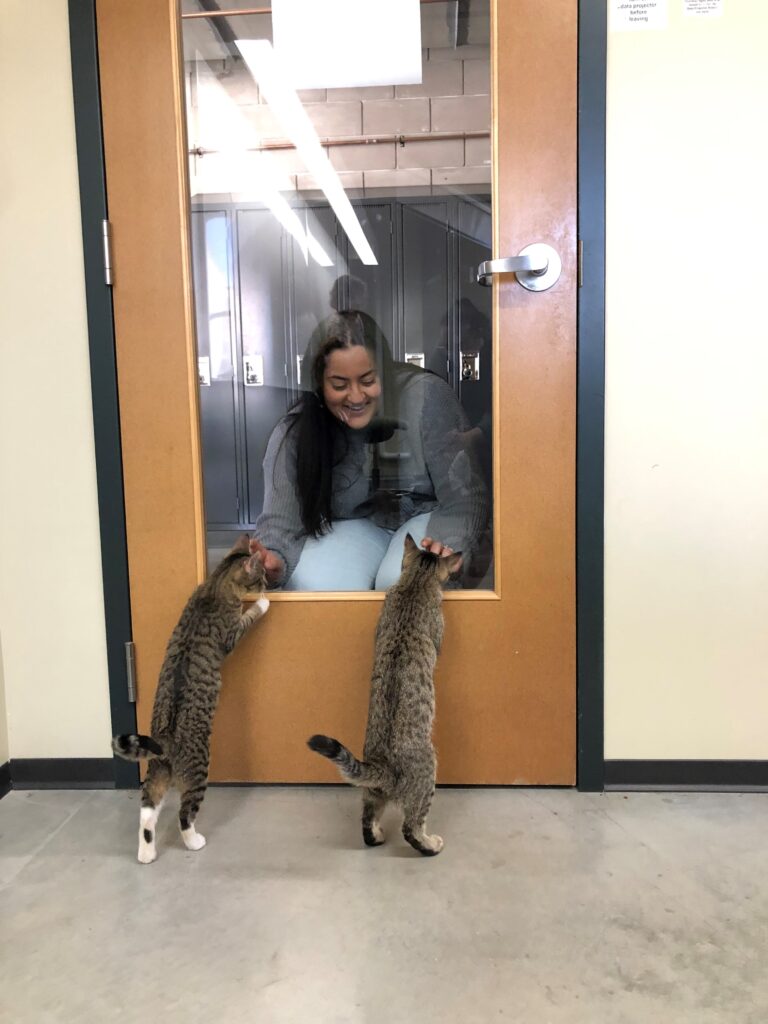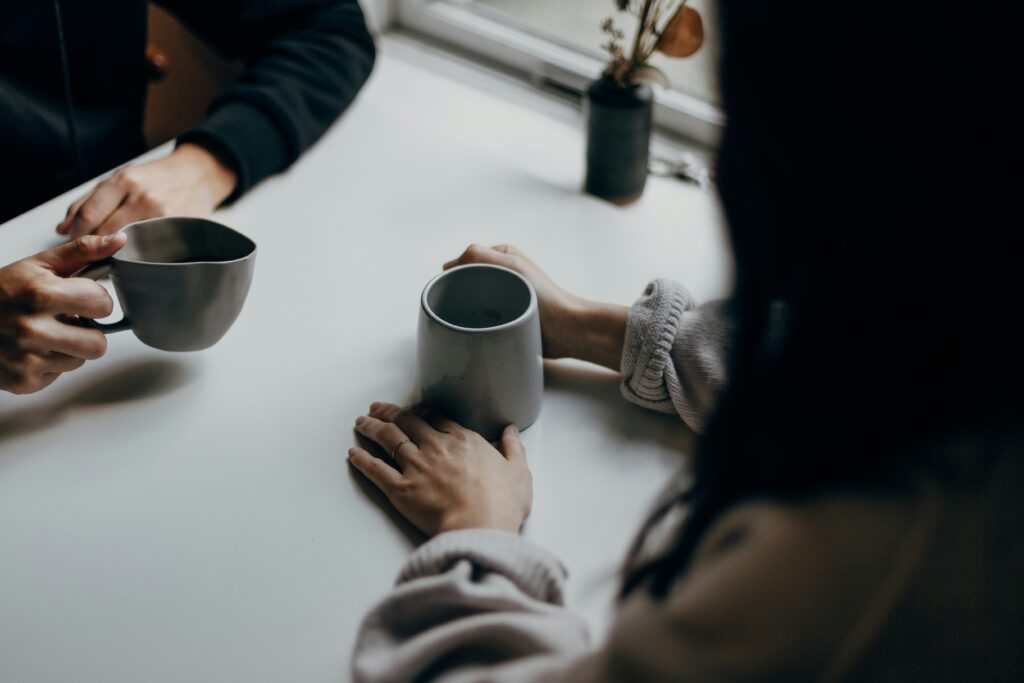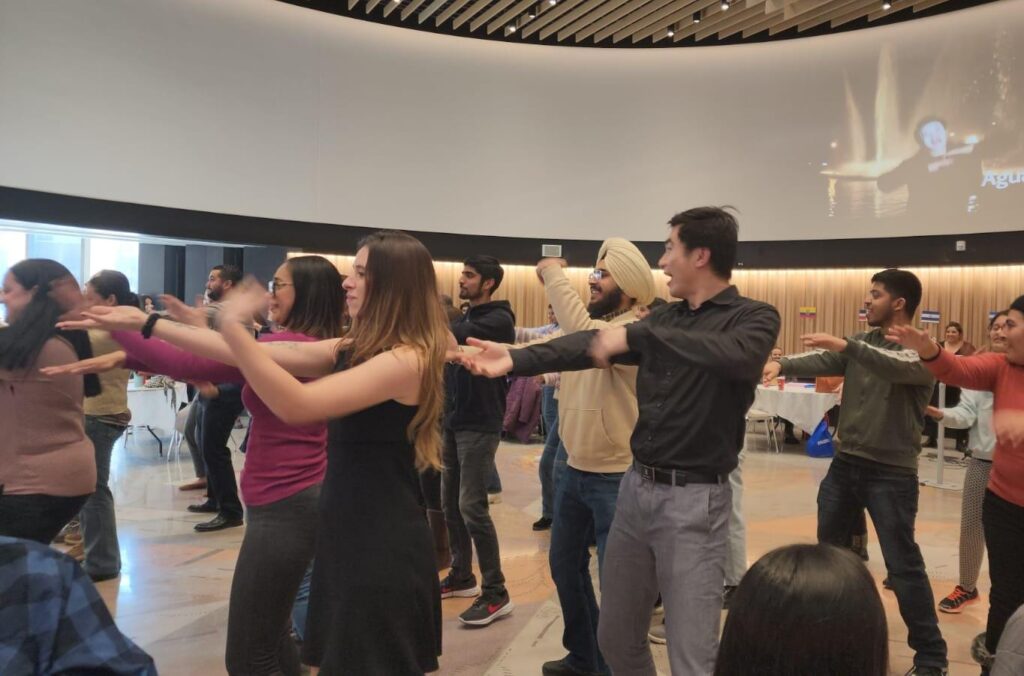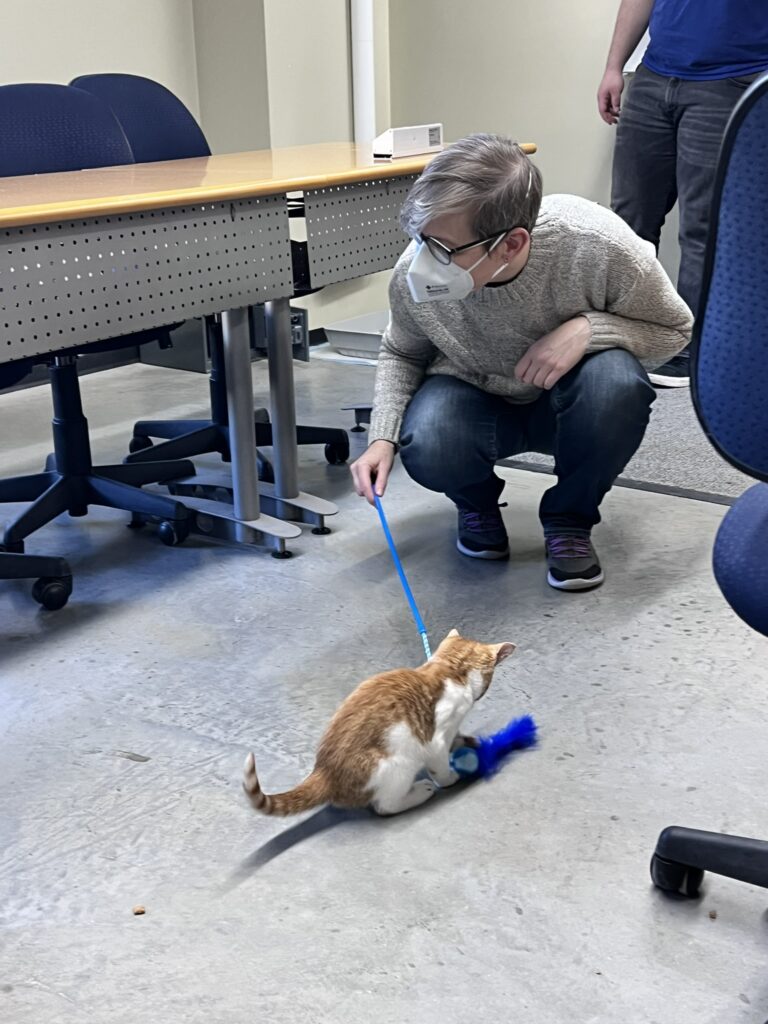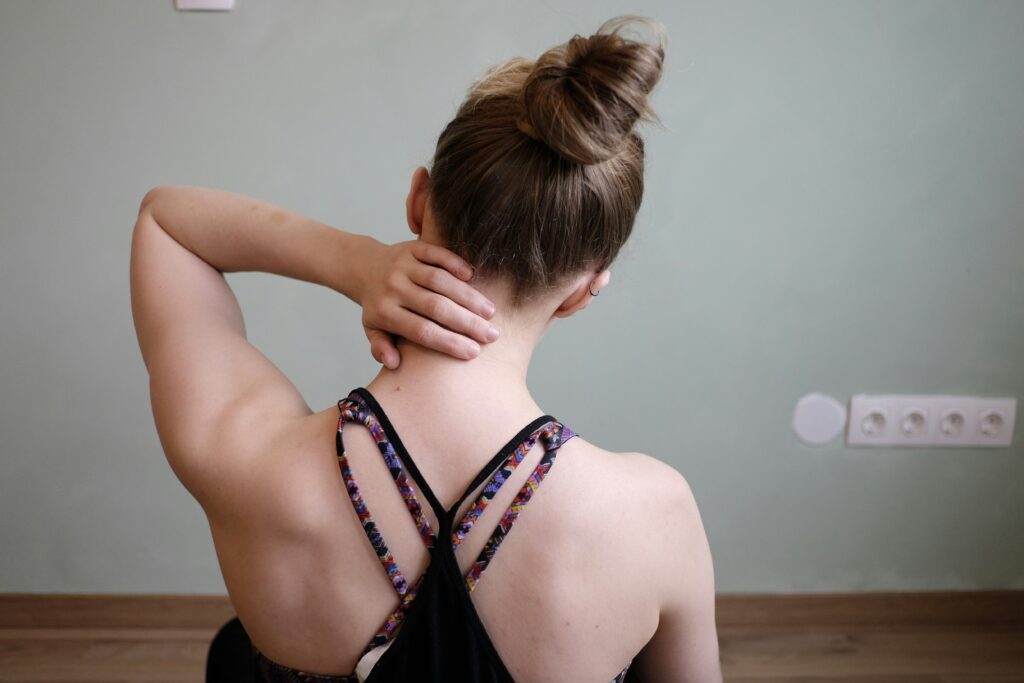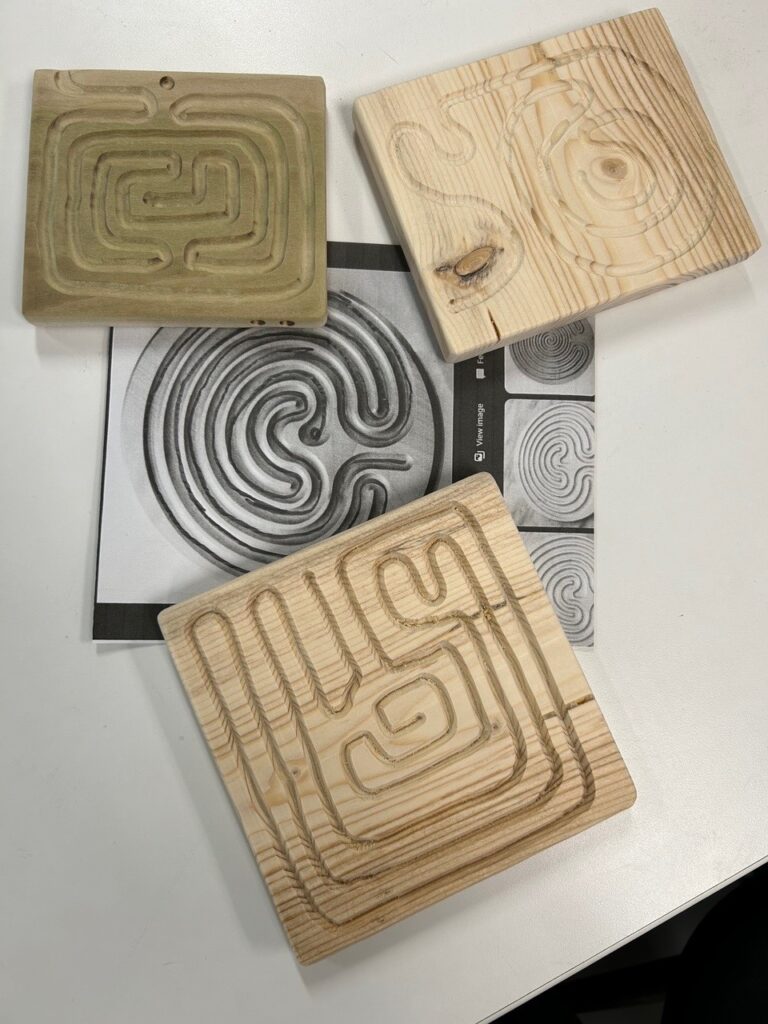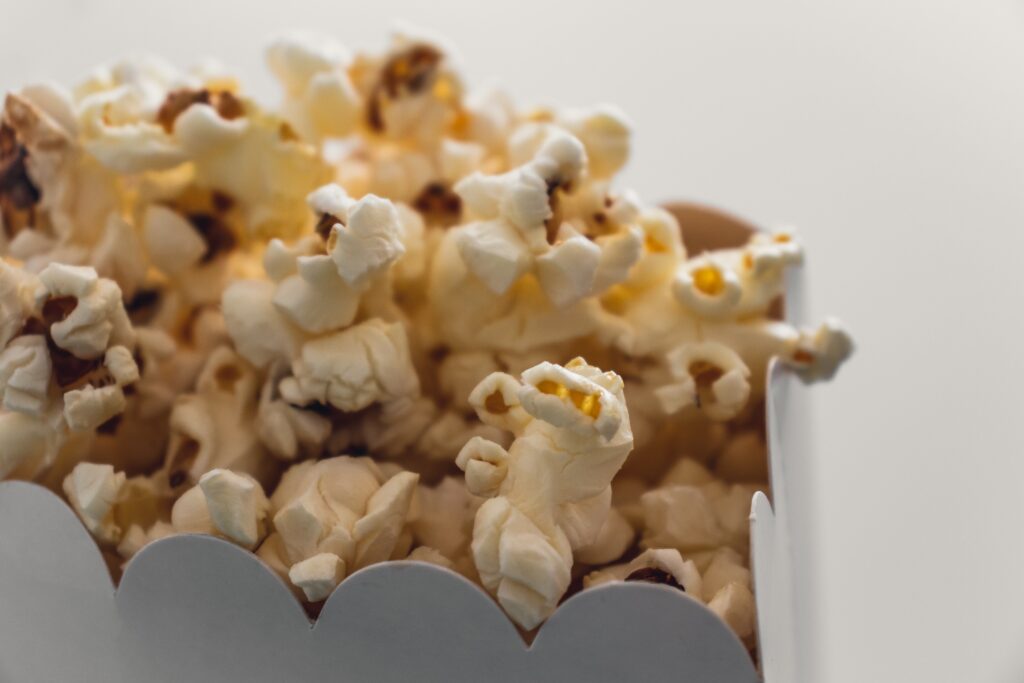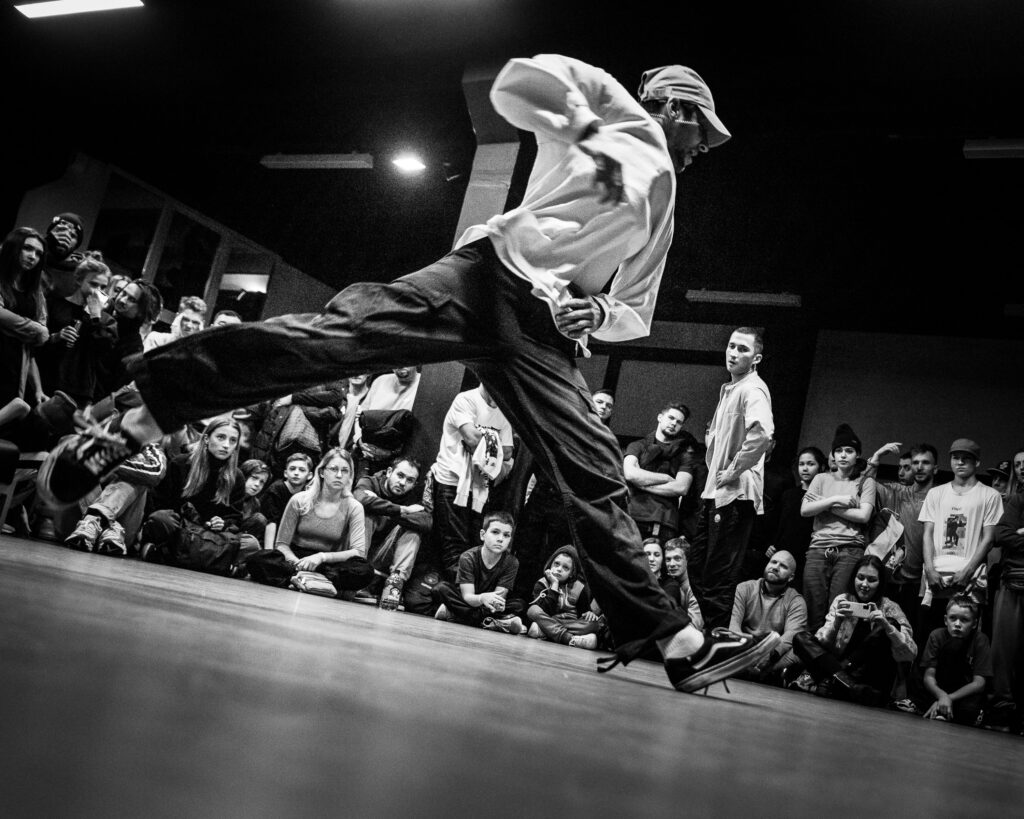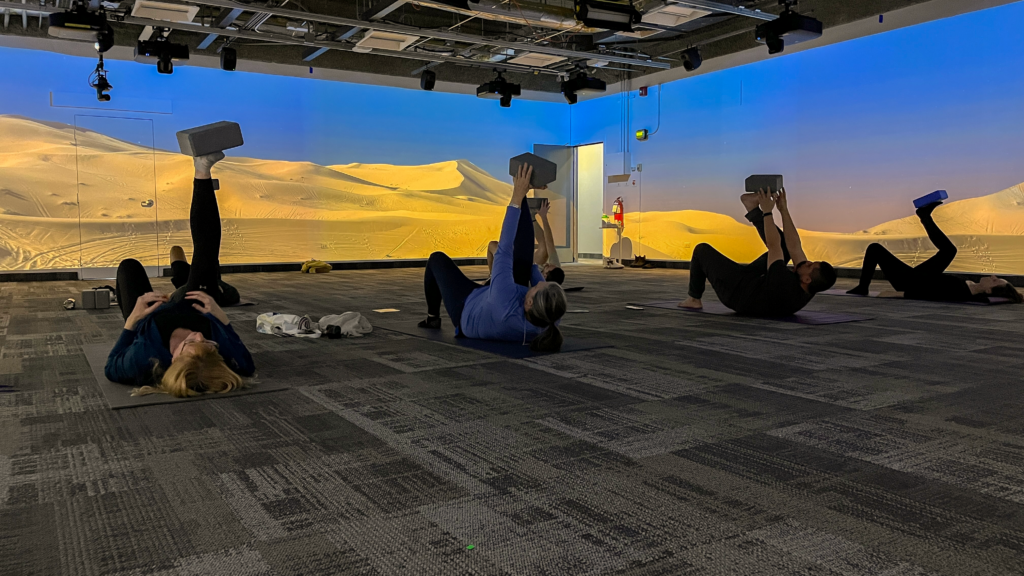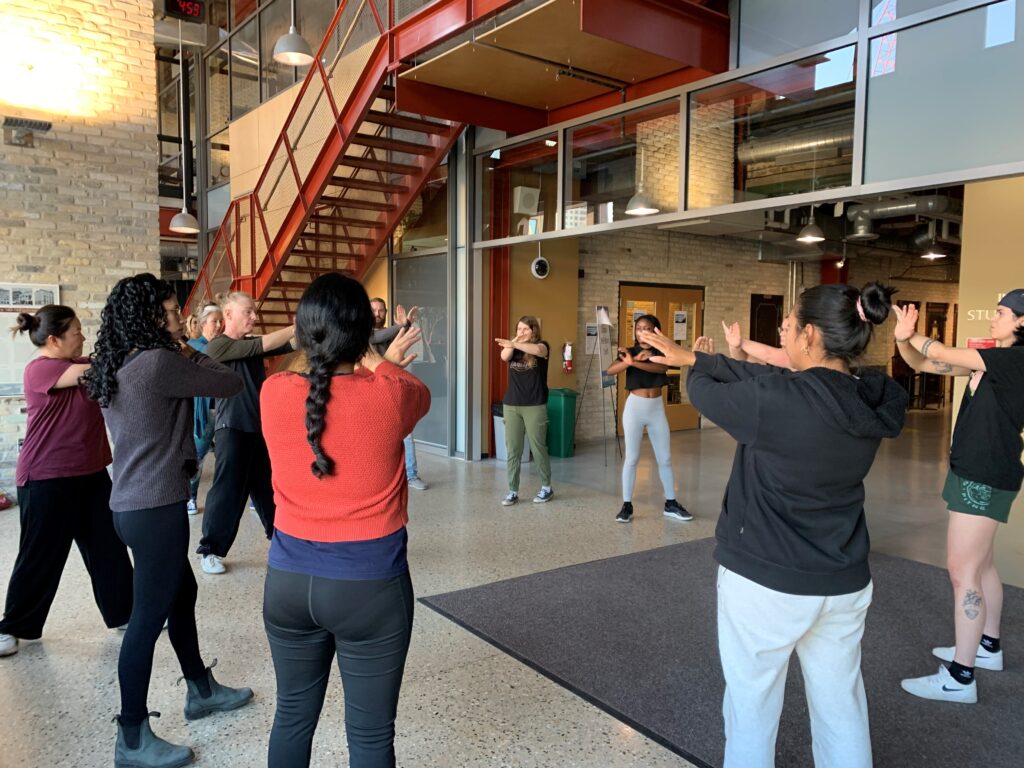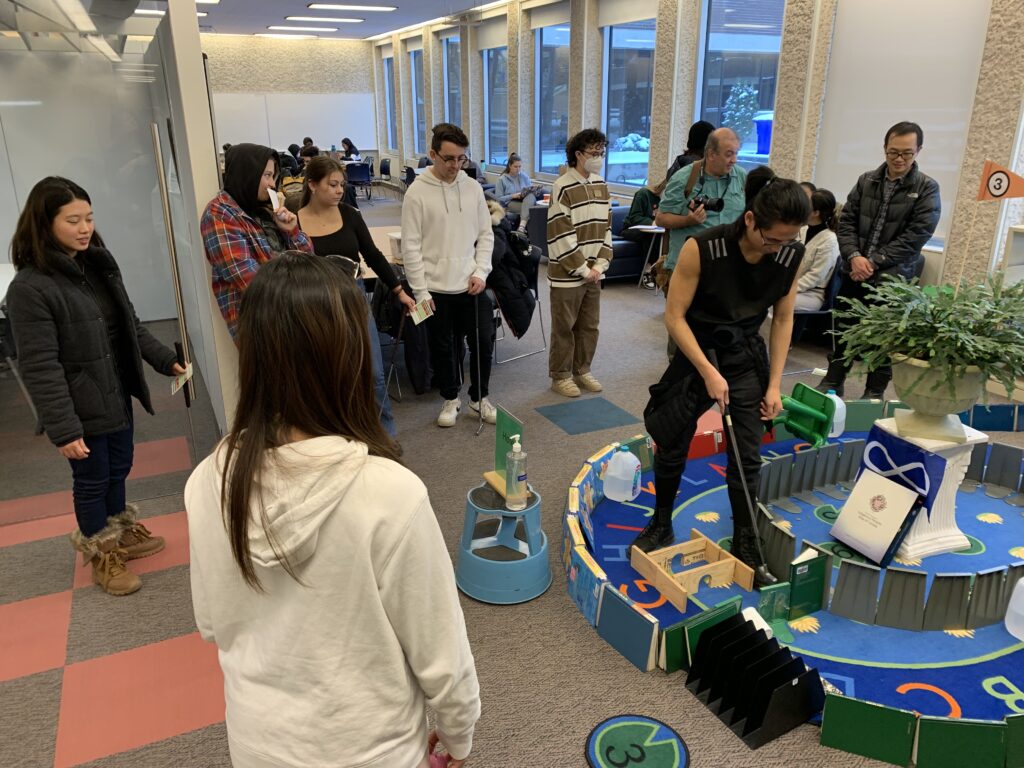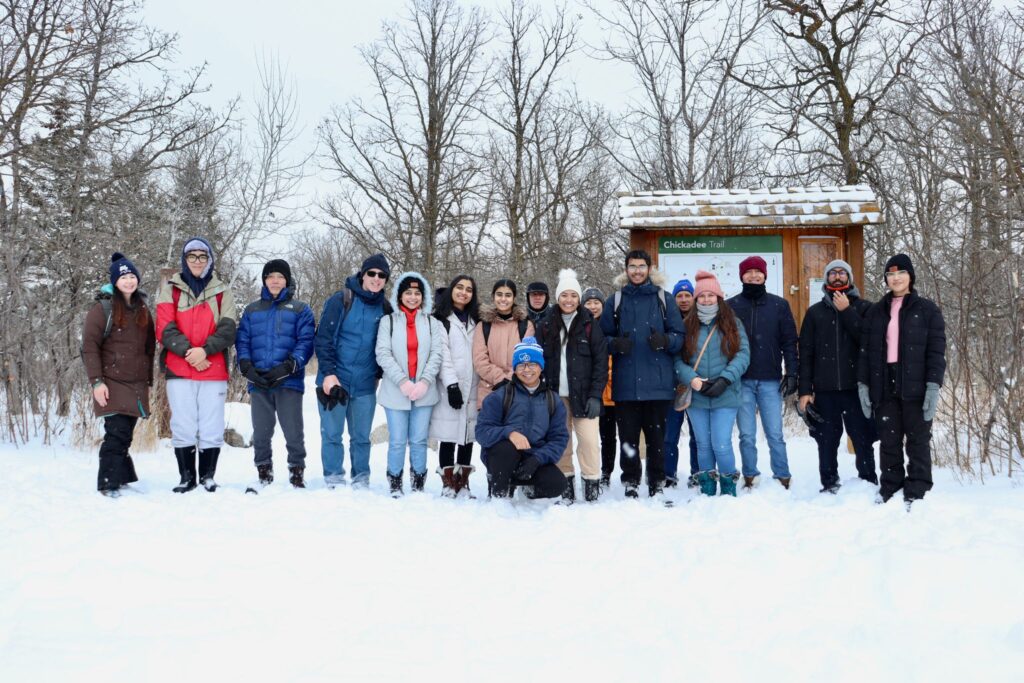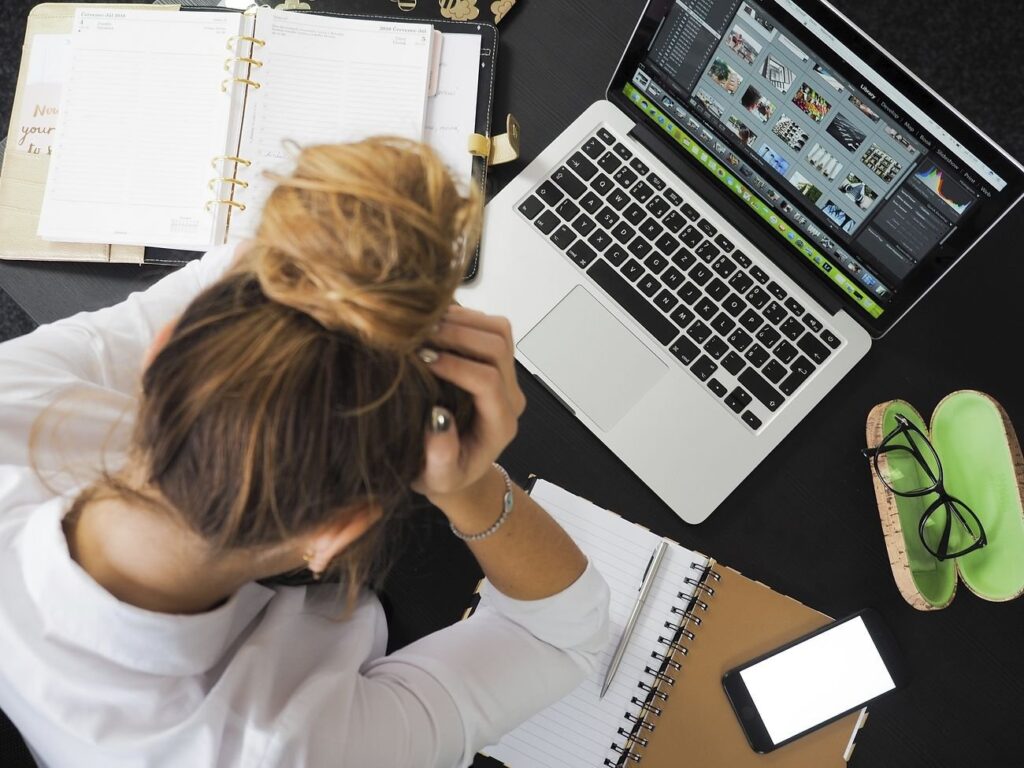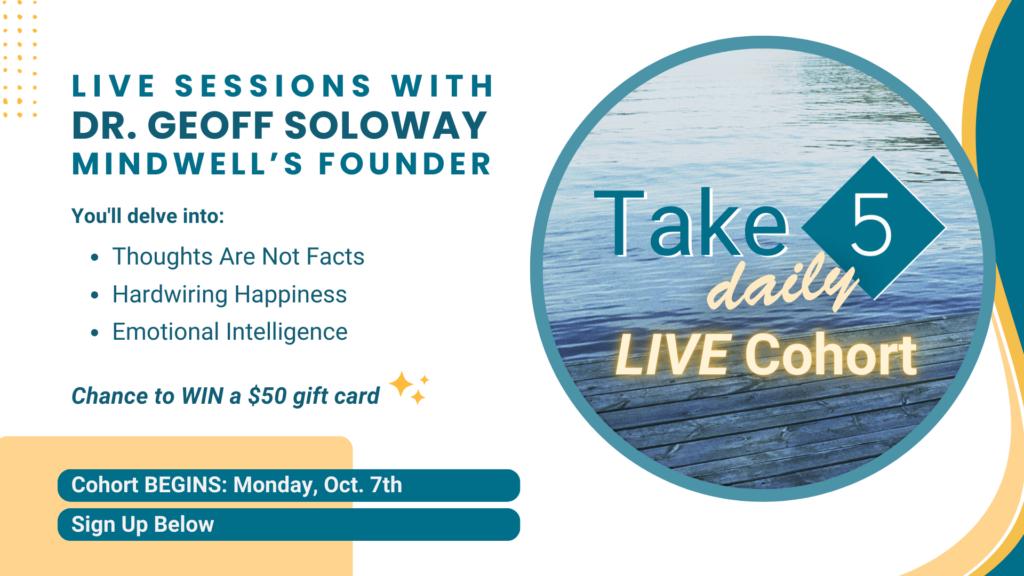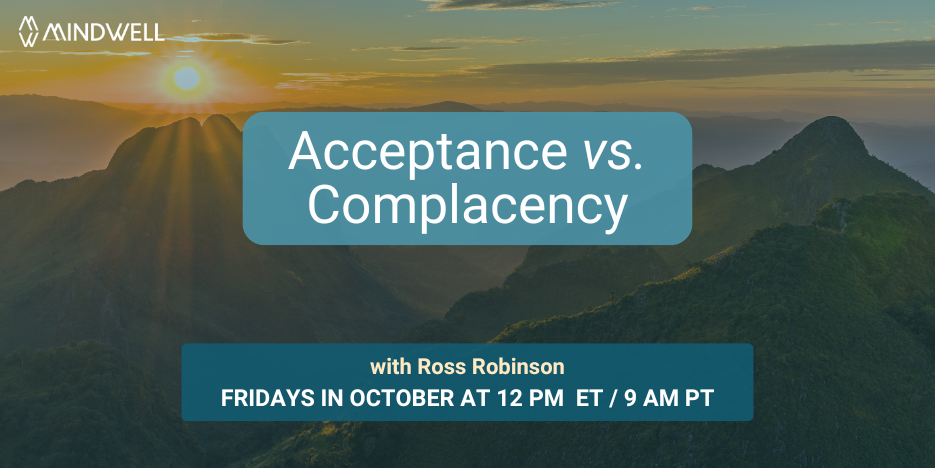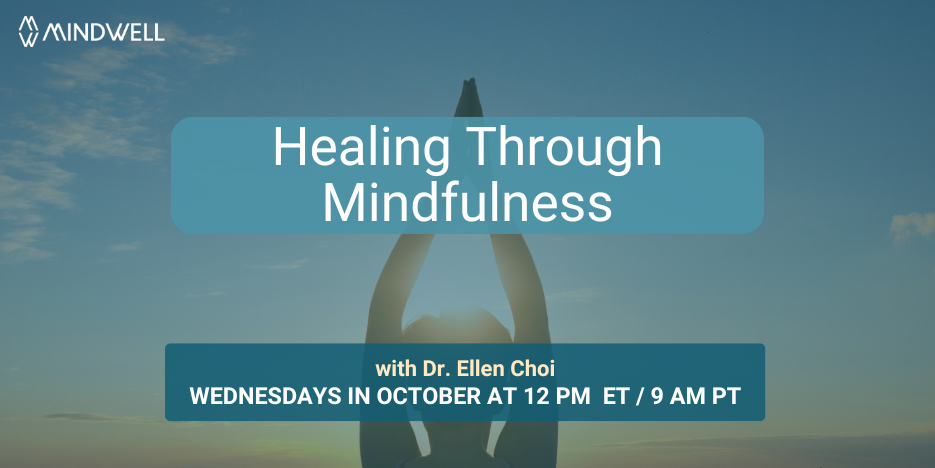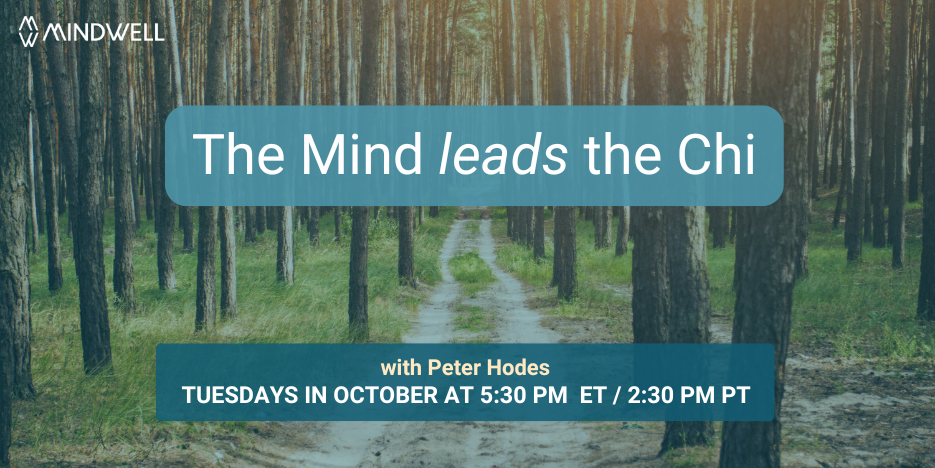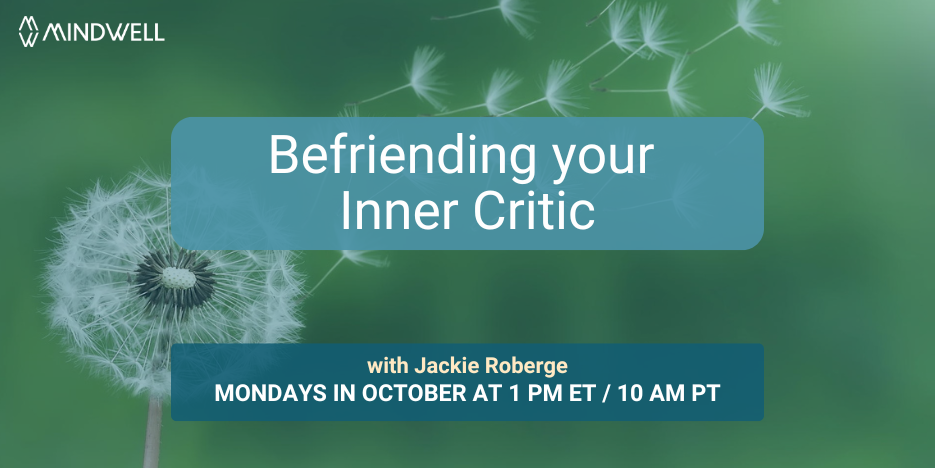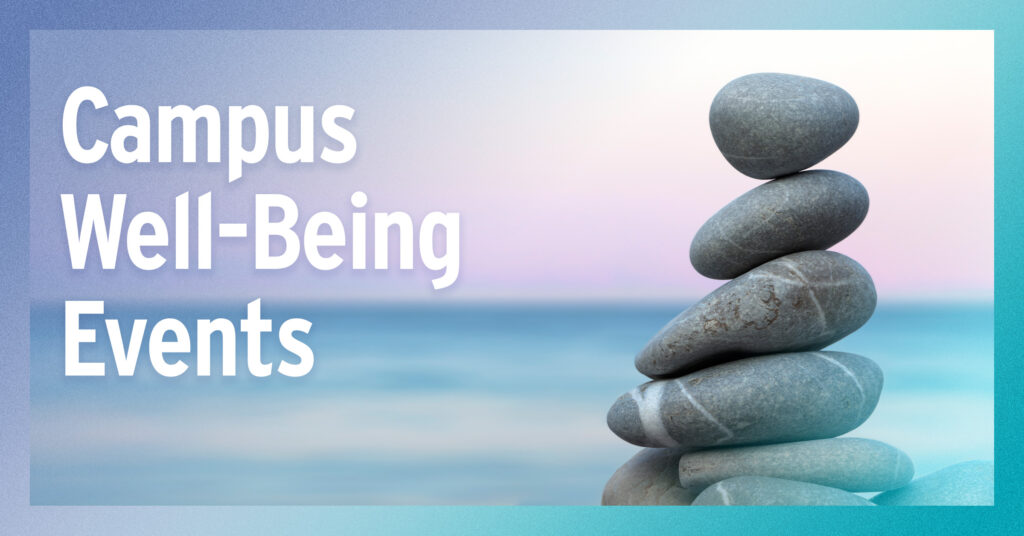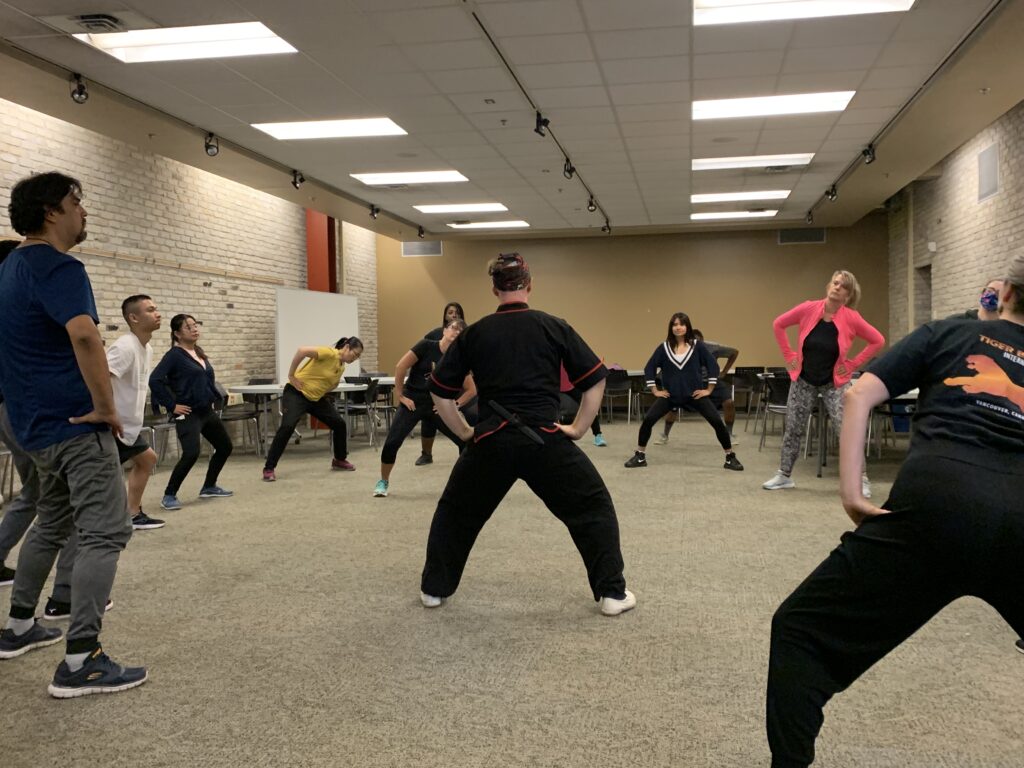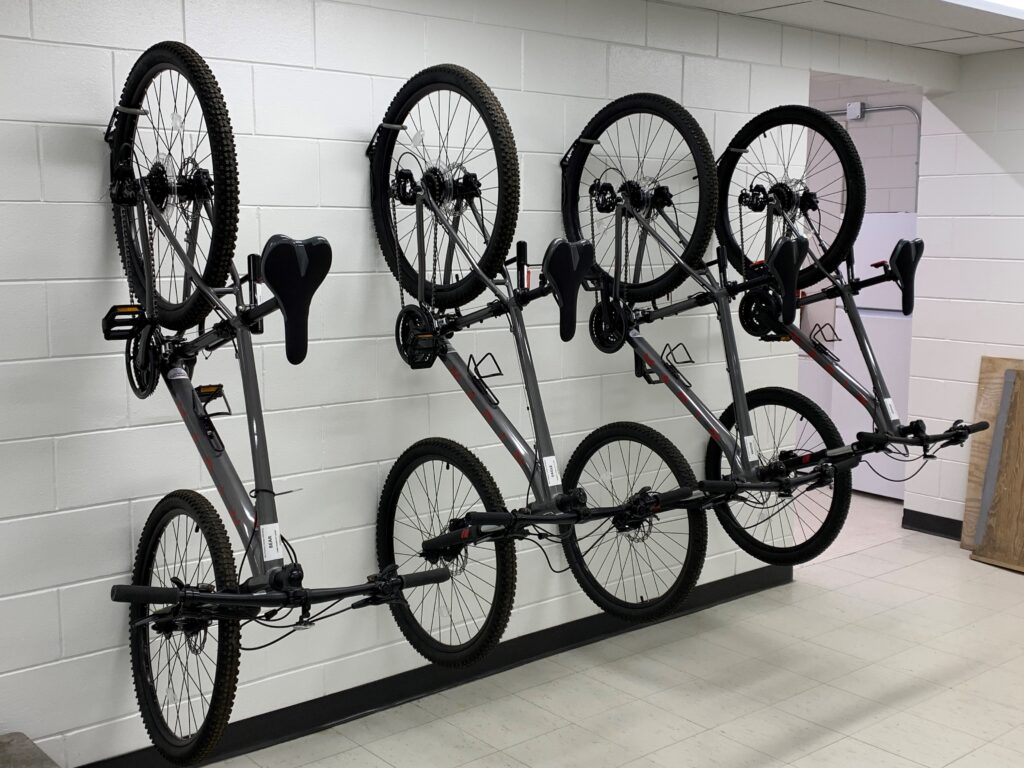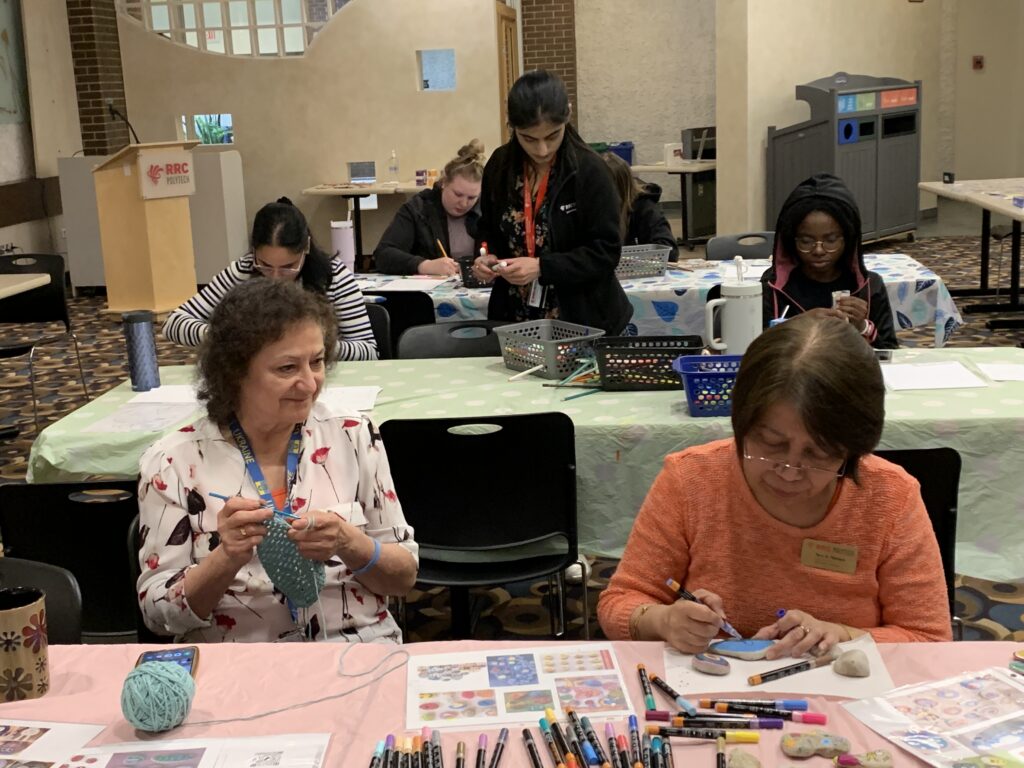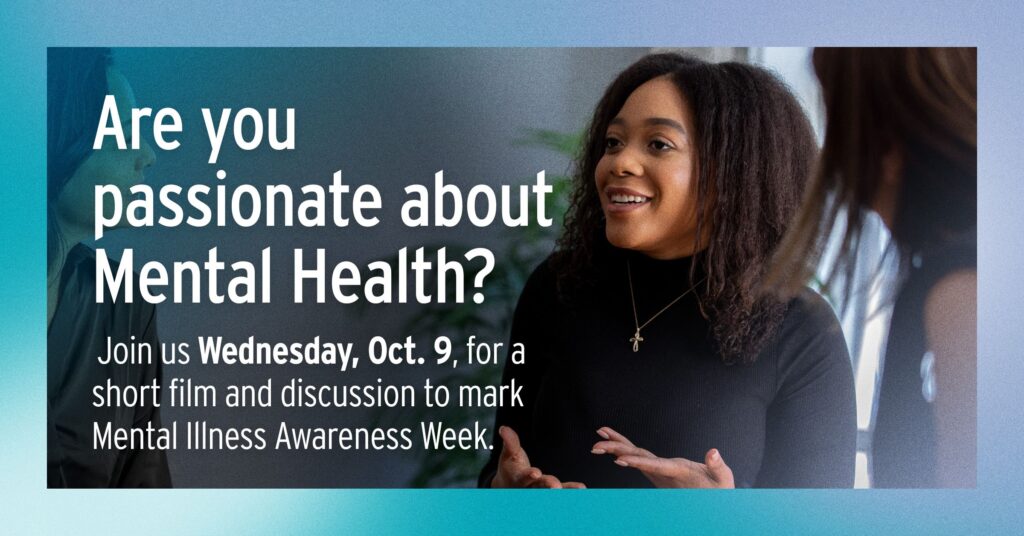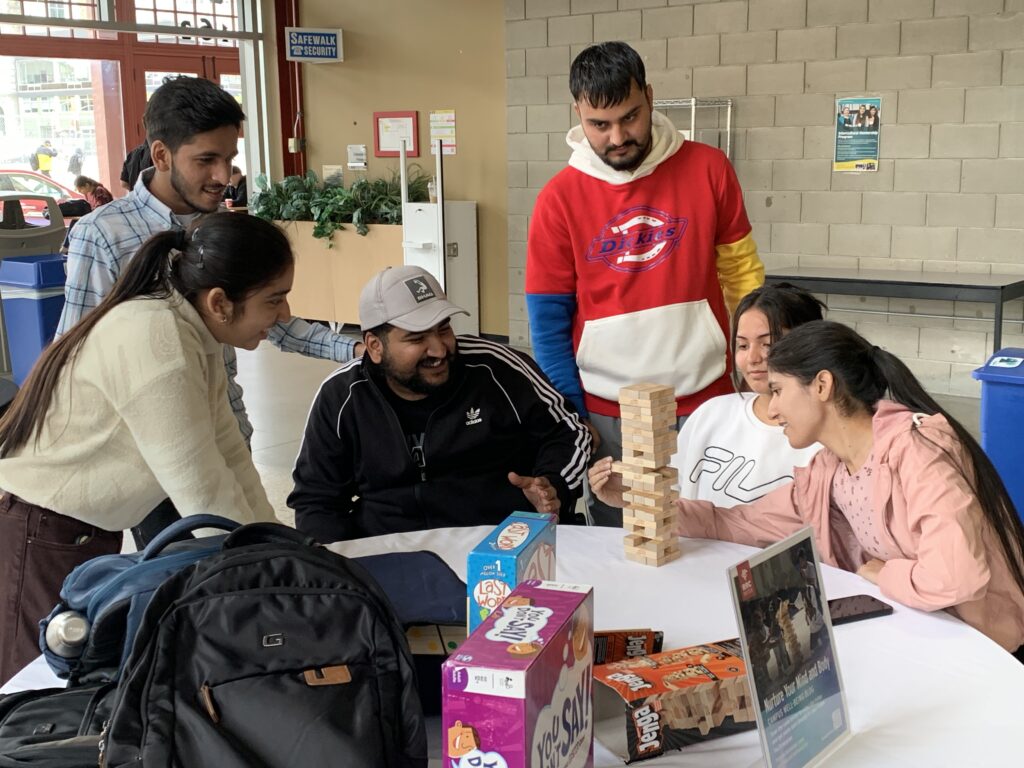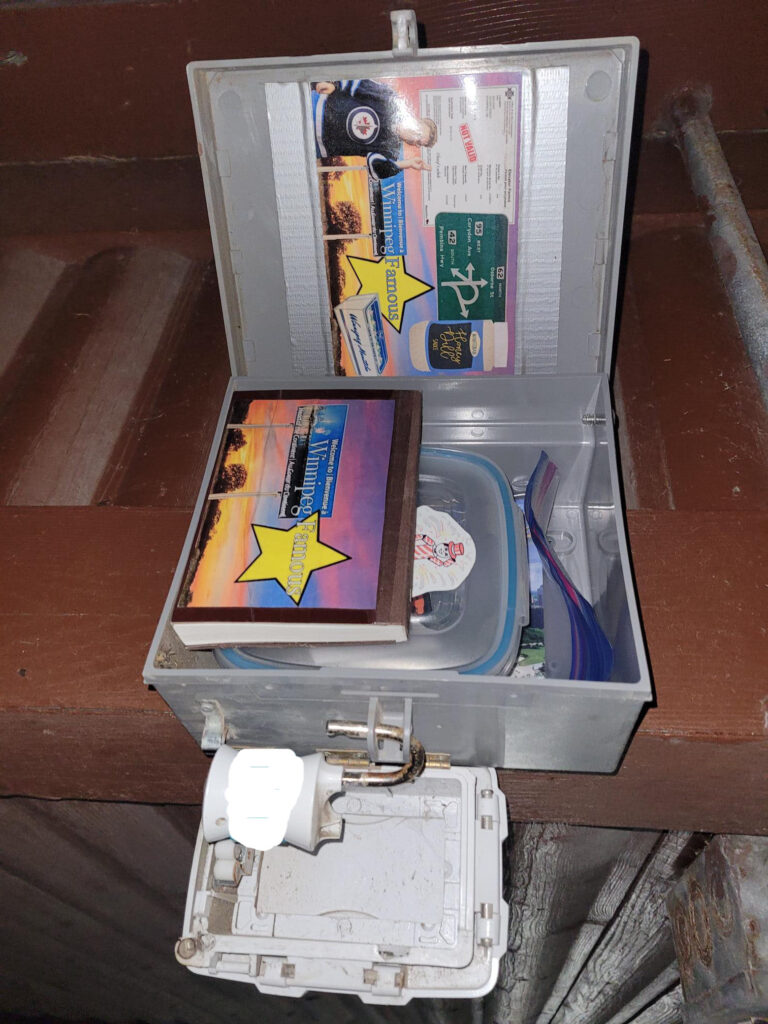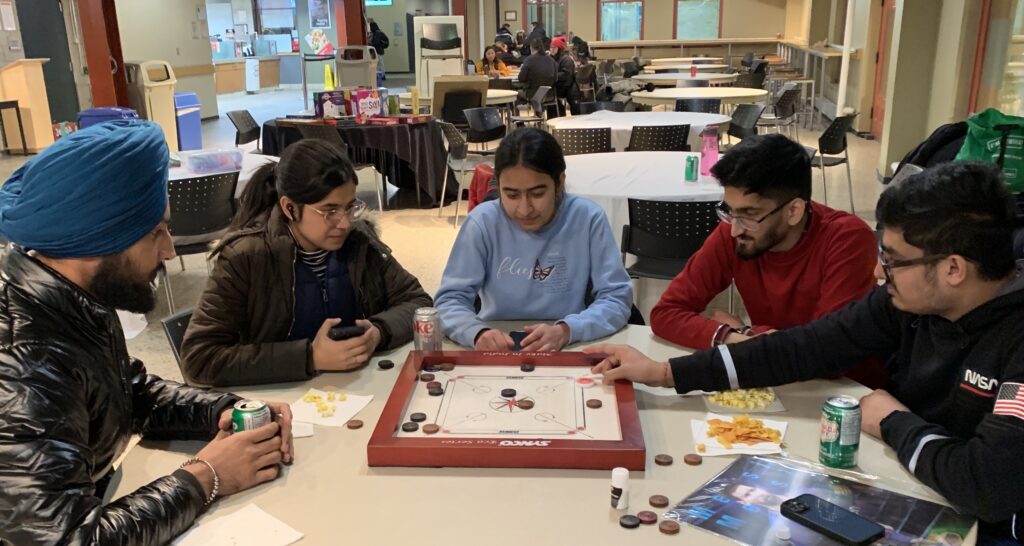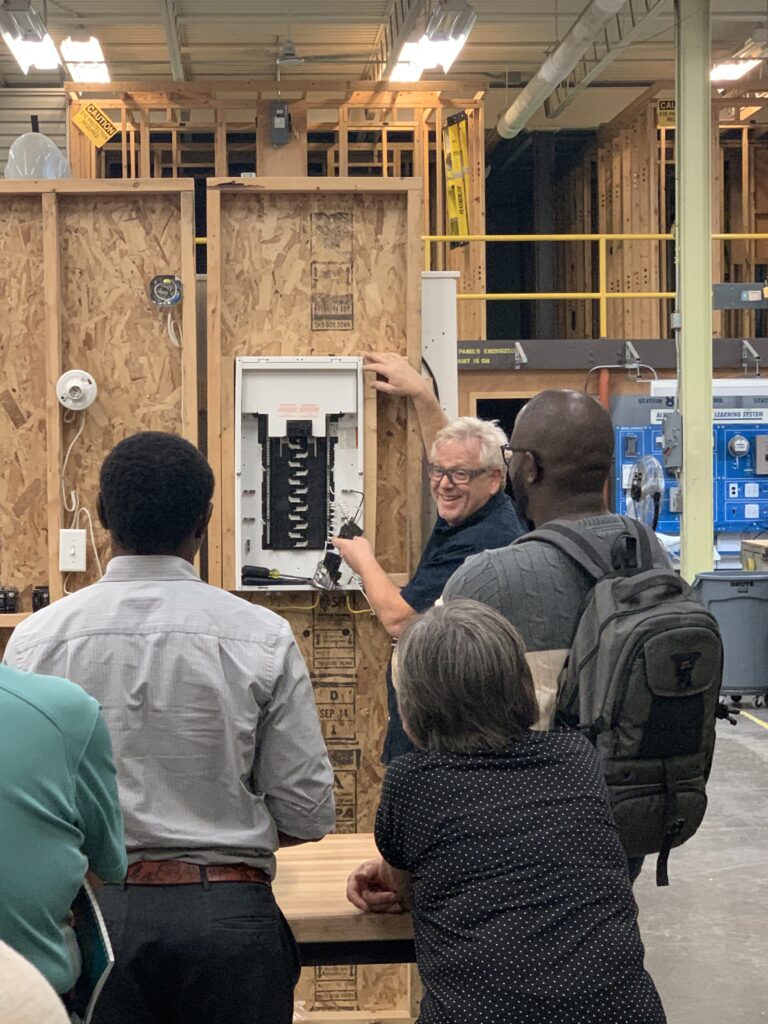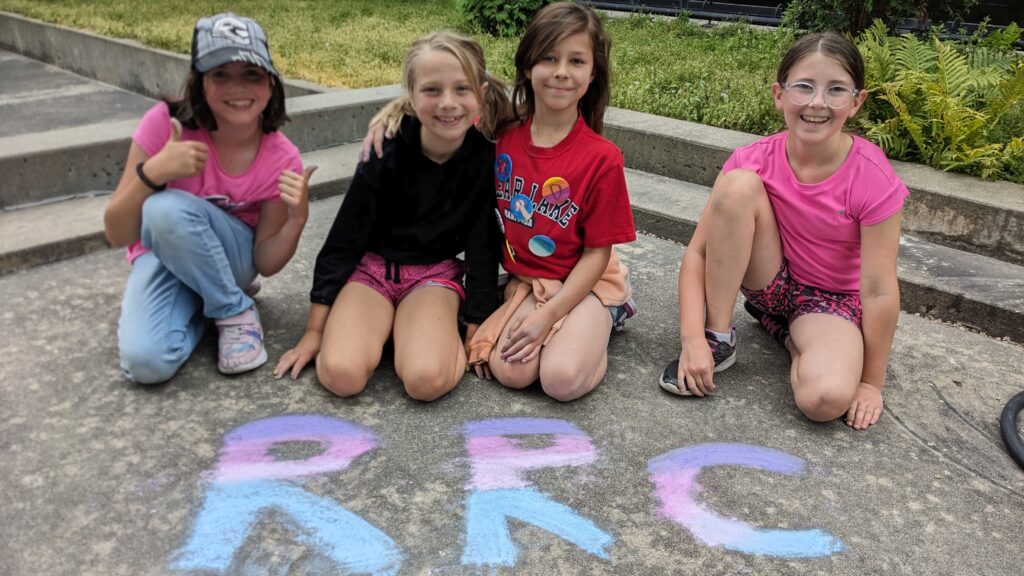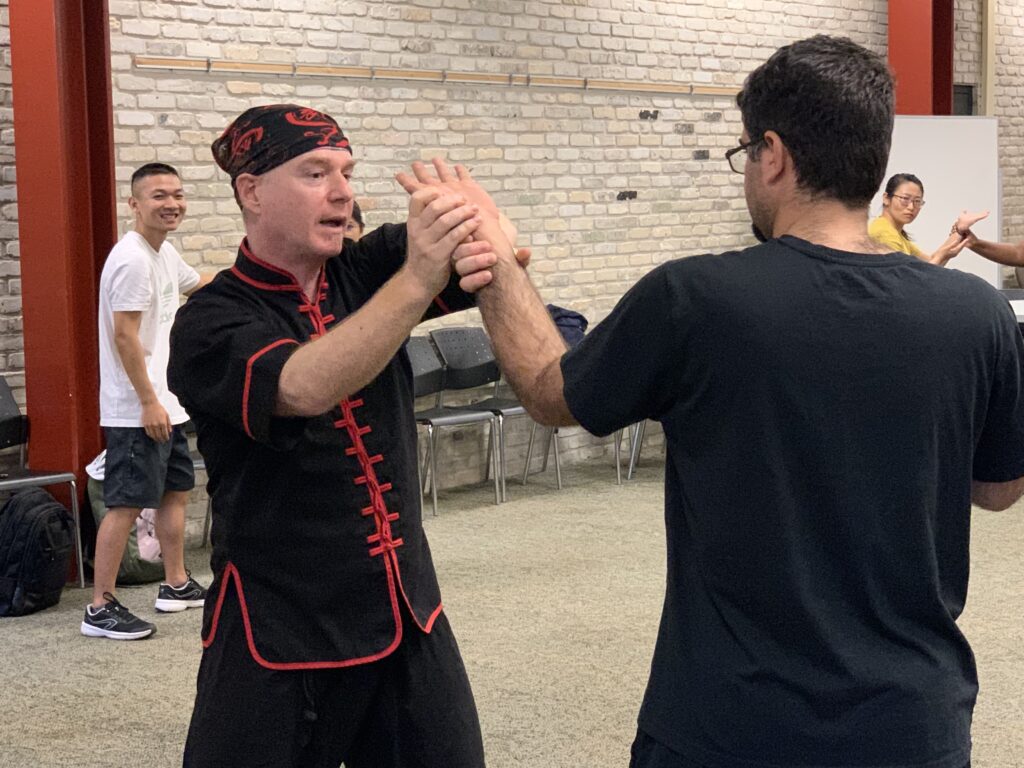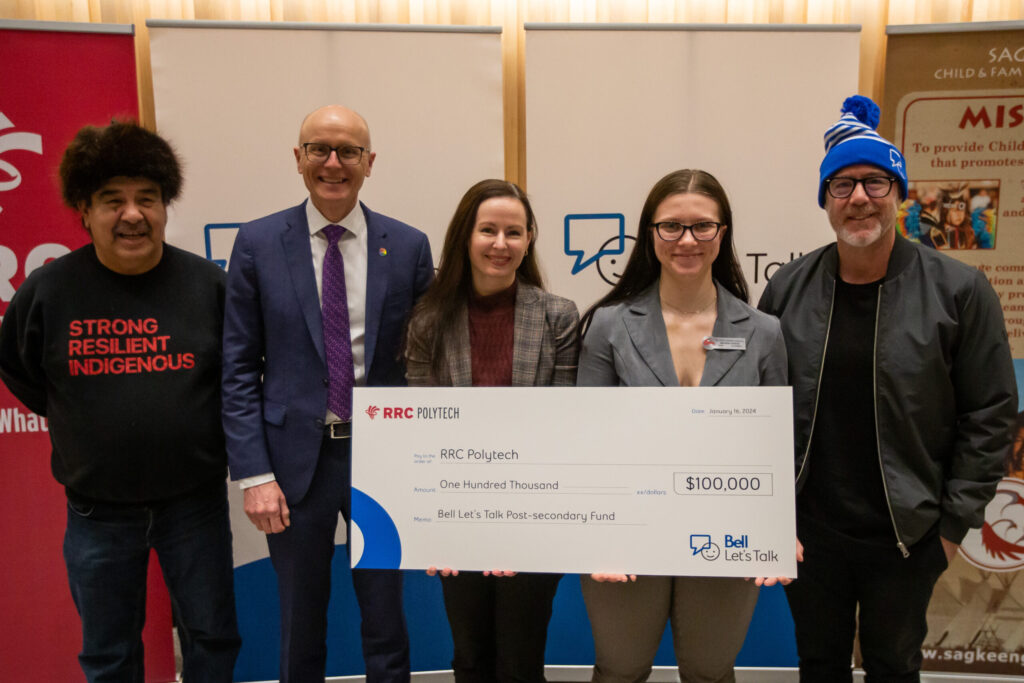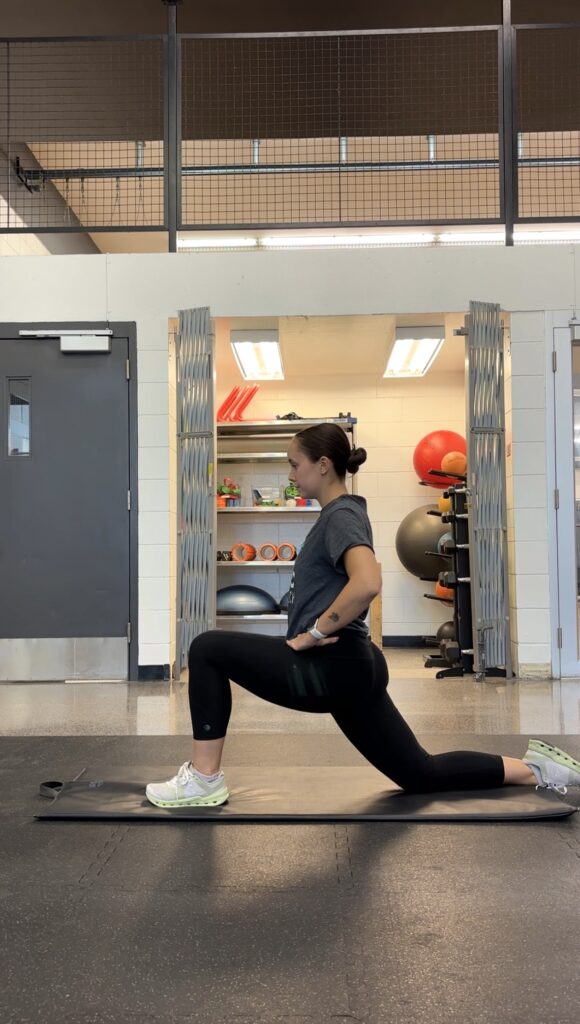October Exercise of the Month
Explore our October Exercise of the Month: Forearm Plank. This foundational exercise builds core strength and stability which is essential for many activities of daily living. It’s a great exercise for both beginners and experienced fitness enthusiasts. Plus, you can perform it almost anywhere!
How To Do It
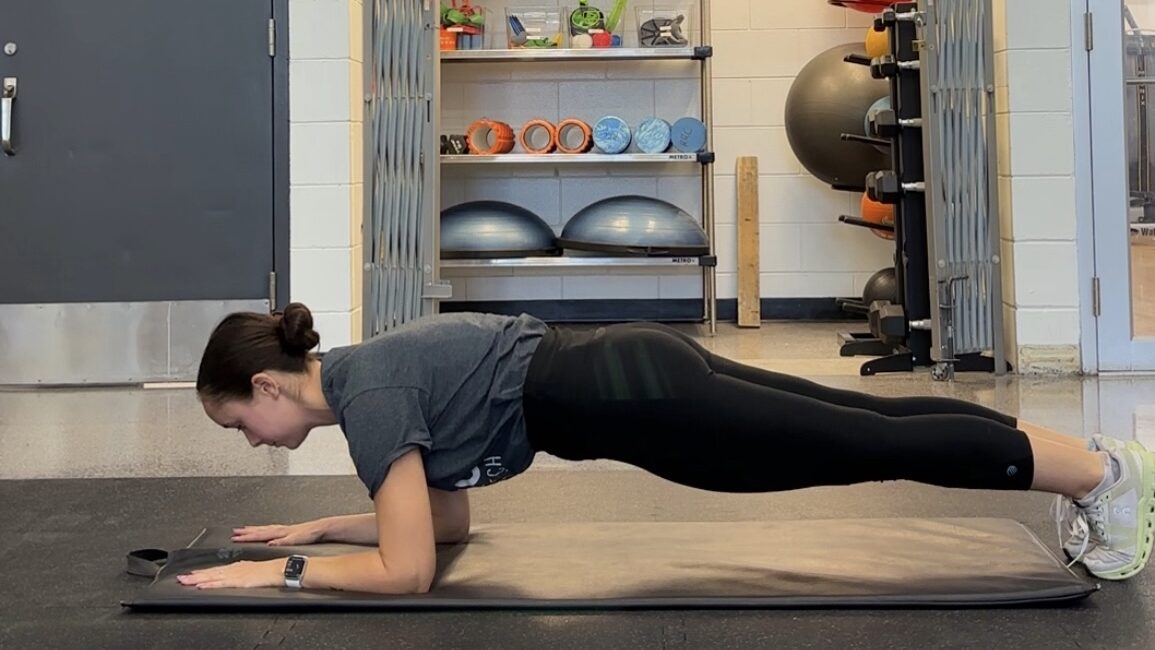
Incorporate the Forearm Plank into your routine by adding it to your warm-up or your current workout. All you need is enough space to lie down comfortably. Here’s how to perform it:
- Begin by lying face down on the floor. Place your forearms on the ground, with elbows directly under your shoulders and hands together or palms flat on the ground.
- Press your forearms into the ground and lift your body off the floor, creating a straight line from your head to your heels.
- Keep a neutral spine by looking down at the floor, gazing just past your fingertips. Engage your core, glutes, and legs to maintain stability. Avoid letting your hips sag or rise too high.
- Aim to hold this position for 20-30 seconds, gradually increasing the duration as your strength and endurance improves. Breathe steadily throughout the hold. To modify, drop your knees while maintaining a straight position from the knees to the head. To exit the position, gently lower your body back to the ground. Rest and repeat for 3-4 sets, adjusting the duration to match your fitness level.
Benefits of This Exercise
Some potential benefits of the Forearm Plank include:
- Builds Core Strength: The Forearm Plank is excellent for developing the deep core muscles that support your spine and overall stability. Core strength is important to maintain as you age, as it is an essential for many functional activities.
- Enhances Shoulder Stability: This exercise engages the shoulder muscles, improving stability and strength which can benefit various upper body movements.
- Improves Posture: By strengthening the core and upper back, plank variations can help improve overall posture and counteract the effects of prolonged sitting.
- Increases Endurance: Holding a plank challenges your muscular endurance, helping to build resilience in your core and stabilizing muscles.
- Easy to do Anywhere: Planks require only enough room to lie down comfortably, making them suitable for small spaces like a living room, office, or park. Unlike many exercises, planks also don’t require any equipment, making it any easy exercise to practice in a variety of environments.
- Great Exercise to Track Progress: Forearm plank is a great exercise to track/monitor your progress. Simply start a timer and hold for as long as you can! As your muscular endurance improves, you will find it easier to hold for longer periods.
- Adaptable for All Levels: You can modify the Forearm Plank by dropping your knees for an easier variation or extending the hold for a greater challenge.
Try it Today!
When performing any new exercise, it’s important to listen to your body. Make sure to take appropriate rest when needed. Looking for a video of this exercise? Check out our Instagram!
SOURCES:
How to Do a Plank: Techniques, Benefits, Variations (verywellfit.com)
Plank Exercises: What They Do For Your Body (clevelandclinic.org)
Plank Exercise Benefits: Why You Should Work Your Core (healthline.com)

